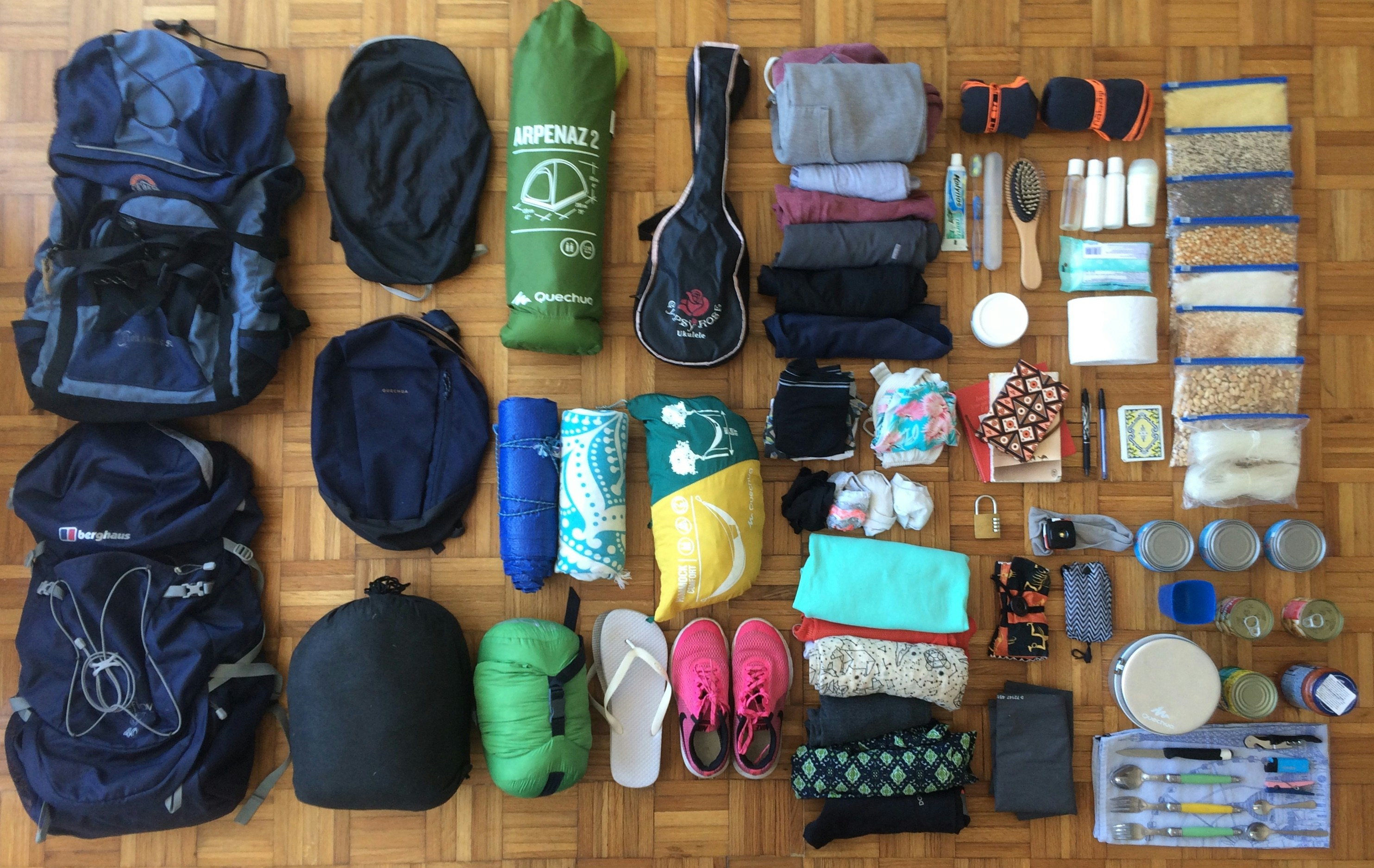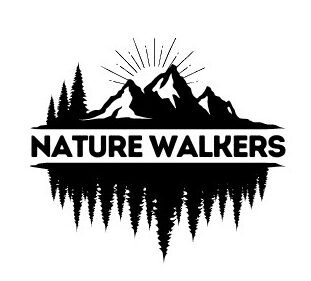
Essential Camping Gear
When embarking on a weekend camping trip, having the right camping gear is paramount to ensuring a comfortable and enjoyable experience. First and foremost, a durable and weather-resistant tent is essential. It is critical to select a tent that not only fits the number of campers but also suits the specific environmental conditions. For instances in colder climates, choose a four-season tent, while a three-season tent may suffice for warmer weather.
Equally important is a quality sleeping bag. It is advisable to choose a sleeping bag rated for the temperatures you expect to encounter during your camping trip. Look for options made from materials such as down or synthetic fibers, which provide insulation while remaining lightweight and packable. Additionally, consider the shape of the sleeping bag; mummy bags are designed for warmth but may feel restrictive, while rectangular bags offer more room but may be less efficient in retaining heat.
Camping pillows are another crucial inclusion in your gear checklist. A good pillow enhances sleep quality, thereby improving your overall camping experience. There are various types on the market, including inflatable and compressible options. For backpackers, lightweight models are preferable, whereas car campers might opt for larger, more plush pillows for added comfort.
Furthermore, do not overlook the significance of additional accessories such as camping mats or sleeping pads, which provide insulation from the ground and enhance comfort. When selecting your camping gear, pay close attention to factors like durability, weight, and comfort level. Depending on your chosen environment, it is advisable to tailor your gear to meet specific needs, ensuring you’re well-prepared for varying weather conditions and terrain. By investing in reliable camping gear, you can enhance your outdoor adventures while maintaining comfort and safety.
Cooking and Food Supplies
When embarking on a weekend camping adventure, ensuring that you have the right cooking and food supplies is pivotal to enhancing your outdoor experience. A portable stove is a fundamental component of your camping gear, enabling you to prepare hot meals efficiently. You might consider options like propane or multi-fuel stoves that offer flexibility depending on the resources available in your camping location.
In addition to a portable cooking appliance, a set of durable cookware is essential. A lightweight pot and pan set made from materials such as aluminum or titanium ensures even heat distribution while reducing weight in your pack. Don’t forget utensils, including spatulas, serving spoons, and knives; a multi-tool can be particularly handy in saving space. Investing in a cutting board and a can opener can also simplify meal preparation.
Food storage solutions cannot be overlooked. Airtight containers and resealable bags will keep your ingredients fresh throughout the trip, while a cooler is recommended for perishables, especially in warmer weather. Consider using insulated containers to carry hot or cold meals, minimizing the use of single-use plastics.
Regarding meal ideas, focus on easy-to-cook options such as pasta, rice dishes, or pre-marinated meat that can be cooked quickly with minimal preparation. Incorporating snacks like trail mix, energy bars, and fruits will provide necessary energy during your excursions. For meal prepping, chopping vegetables or marinating proteins in advance and storing them in your cooler can drastically reduce cooking times while camping.
Ultimately, ensuring that all cooking and food supplies are included will result in a more enjoyable camping experience, allowing you to focus on relaxation and connection with nature rather than food-related inconveniences.
Clothing and Personal Items
When planning a weekend camping trip, selecting the right clothing and personal items is crucial for ensuring comfort and safety in the outdoors. One effective strategy is to adopt a layered clothing system. This approach allows campers to adapt to varying weather conditions, which can change dramatically in a short period. A solid base layer, made from moisture-wicking materials, should be the first item on your list. These base layers help to keep sweat away from the skin, promoting comfort during physical activities such as hiking or setting up camp.
Next, consider adding an insulating mid-layer, which can trap body heat while allowing moisture to escape. Fleece jackets or lightweight down vests serve this purpose well and are easy to pack without adding significant bulk to your gear. Finally, a waterproof outer layer, such as a rain jacket or windbreaker, is essential for protecting against unexpected weather changes. These items can significantly enhance your overall camping experience by keeping you dry and warm.
Beyond clothing, don’t overlook personal items that contribute to health and well-being during your outdoor adventures. A well-stocked first aid kit is indispensable and should include essentials such as adhesive bandages, antiseptic wipes, and pain relievers. Additionally, items like insect repellent are vital for warding off pesky bugs, which can be prevalent in certain camping locations. Remember to pack toiletries, including biodegradable soap and toothbrushes, to maintain hygiene while minimizing environmental impact.
To optimize your packing strategy, aim to balance comfort and weight. Choosing versatile clothing that can be layered reduces the number of items you need to bring, allowing for a more enjoyable and less cumbersome camping experience. By considering both clothing and personal items thoughtfully, you can ensure that you are well-prepared for your weekend getaway.
Tools and Safety Gear
When embarking on a camping adventure, having the right tools and safety gear is paramount to ensure a successful and secure experience. Among the essential tools, multi-tools occupy a crucial position. These versatile devices typically encompass various functionalities including pliers, knives, screwdrivers, and some even offer specialized gadgets for outdoor activities. Their compact nature makes them an invaluable resource for any camper, allowing for quick repairs or adjustments without the hassle of carrying numerous tools.
A well-stocked first aid kit is another indispensable item in your camping gear. Accidents can occur unexpectedly, and having the means to administer first aid can make a significant difference. Essential items in a first aid kit should include adhesive bandages, antiseptic wipes, gauze pads, pain relievers, and any personal medications. It is advisable to familiarize yourself with the contents of your first aid kit and practice basic first aid techniques beforehand.
Navigation tools also hold great importance in outdoor settings. Compasses or GPS devices provide essential orientation and can help you find your way, particularly in unfamiliar terrain. Even a reliable paper map can serve as a helpful tool to avoid getting lost in densely wooded areas or mountainous regions. Familiarizing yourself with these navigation aids before your trip can enhance your sense of direction and boost your confidence while exploring.
Emergency supplies, such as flashlights and fire starters, should never be overlooked. A reliable flashlight helps navigate your campsite at night, while a fire starter is crucial for warmth and cooking. Bringing extra batteries for your flashlight and waterproof matches or a lighter will ensure you are well-prepared for any situation. These tools not only enhance safety and preparedness but also contribute to a more enjoyable camping experience. Adequate safety assurance is essential, enabling you to tackle unexpected challenges while immersing yourself in the beauty of nature.
At NatureWalkers, we’ve put together a simple, printable Weekend CampingGear Checklist designed for 2–3 day trips. It’s got everything you need—from the basics like tents and sleeping bags to kitchen tools, toiletries, and even those easy-to-forget extras like bug spray and marshmallow sticks.
Why Use a Camping Checklist?
Even experienced campers forget things (ever tried lighting a fire without a lighter?). A checklist ensures you’re fully prepped, cuts down on last-minute stress, and helps you pack smarter—not heavier.
Our checklist is divided into categories to make packing a breeze:
- Essentials: Shelter, sleeping gear, and the core must-haves.
- Camp Kitchen: All the tools to cook and eat well outdoors.
- Navigation & Safety: Because getting lost isn’t part of the plan.
- Clothing: Layer smart and stay comfortable.
- Toiletries: Hygiene counts—even in the woods.
- Nice-to-Haves: Camp chairs, hammocks, games, and more.
Grab Your Free Checklist
We’ve made this gear list printable and beautifully branded just for our NatureWalkers community.
👉 Download the PDF Here
(Or scroll to the bottom of this post if you’re reading on mobile!)
So before you hit the trail, double-check your gear and get packed like a pro. Then? Go chase sunsets, roast those marshmallows, and soak in the wild.
Adventure starts here. 🌲
